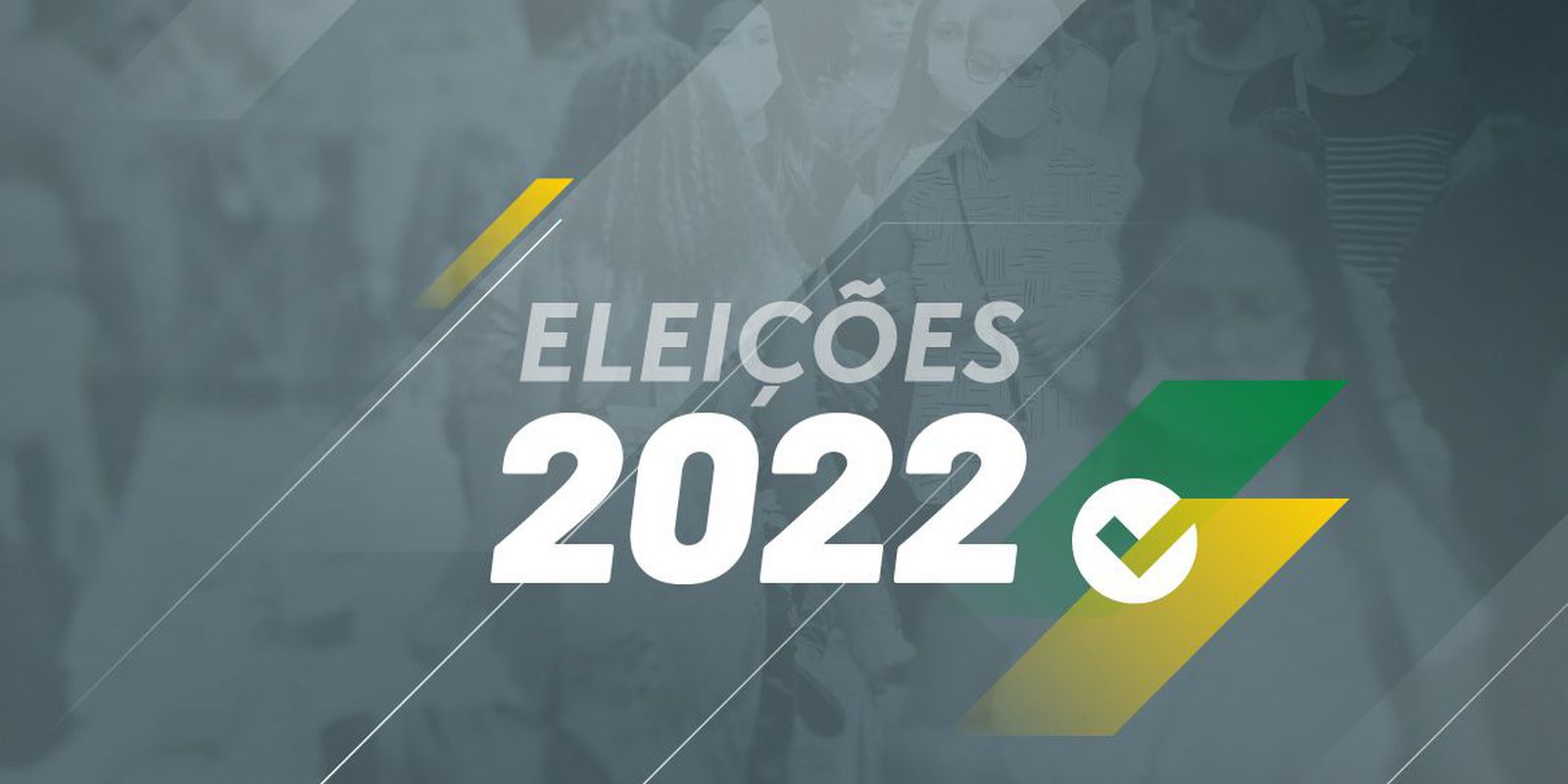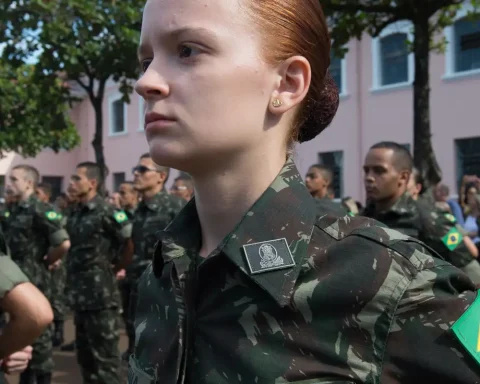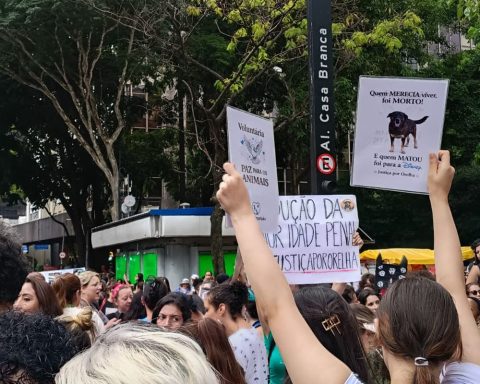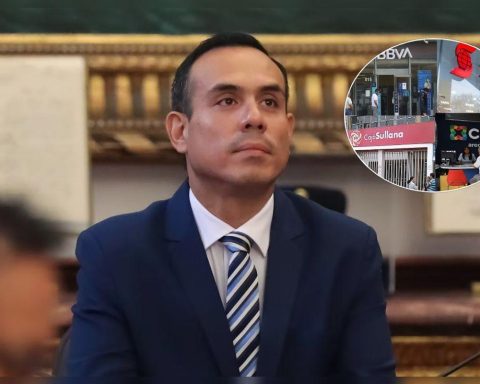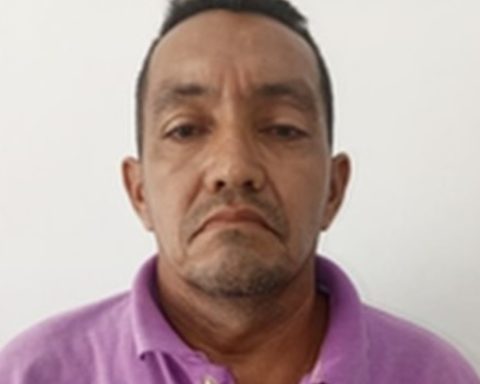At least 867 people, including agrarian reform settlers, caiçaras, quilombolas and indigenous people, will benefit from the Political-Electoral Inclusion Project, an initiative of the São Paulo Regional Electoral Court (TRE-SP) aimed at promoting electoral education and facilitating voting in the October 2, first round of elections, of female voters and voters residing in isolated locations.
According to TRE-SP, to make it possible for these voters to vote, polling stations were created to avoid travel to the polling places. The project also included conversation circles about the electoral process and citizenship, improvements to transport on voting day and itinerant service with enlistment, review, section transfer and fines regularization.
According to the president of TRE-SP, judge Paulo Galizia, there is a perception that some people are on the sidelines of the electoral process and the project allows increasing the inclusion of these voters. “Our goal is for these populations to have representation,” he said.
TRE-SP reported that the project schedule foresees expanding its area of operation to 39 indigenous lands, 72 quilombos and 140 settlements by the 2028 elections. , having a greater reach, even allowing the exercise of citizenship to all voters in the state”, said the director general of TRE-SP, Claucio Correa.
The project began with the identification of settlements, peoples and traditional communities in the state. Then, the locations were mapped, through statistical analysis and cross-referencing with data on the location of zones, polling stations and polling places, in order to create a dynamic map to guide the strategies and actions of the project.
